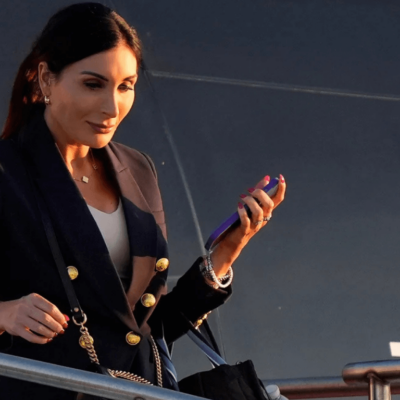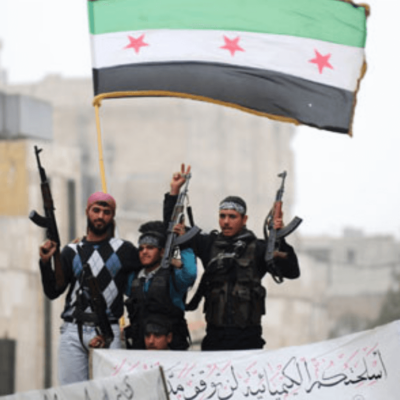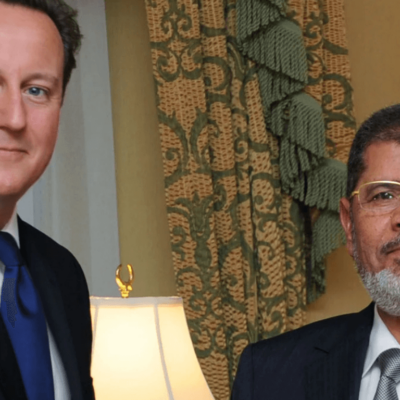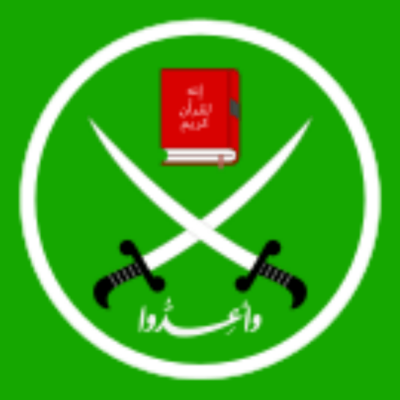Qatari cultural activities, the new way to infiltrate Sudan.
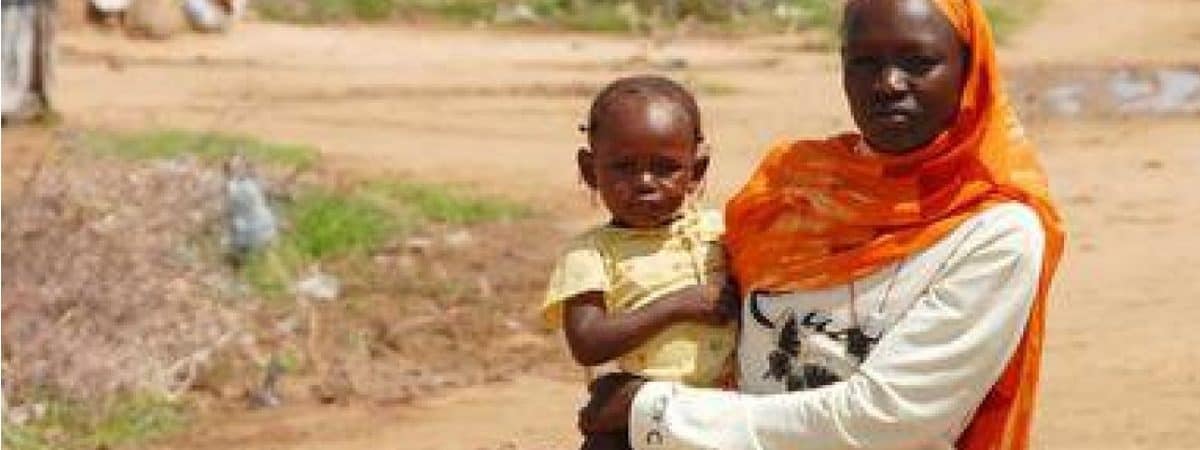
With the transitional authority in Sudan moving to dismantle the ties of the ousted president Omar al-Bashir to Qatar and political Islamic groups, Doha started looking for other outlets to return to the Sudanese scene and reactivate the Muslim Brotherhood empowerment project, trying to jump on some of the barriers and pitfalls that the forces of freedom and change have put in front of the previous system remnants.
Doha is seeking to invest in the relationships network that it weaved during the isolated Sudanese president era to maintain its political presence, which has shrunk dramatically with every step taken by the transitional authority in Khartoum to remove the empowerment of the Islamic movement.
Qatar has already turned to the cultural projects that it launched during the Bashir era and is still continuing until now, helping it to recover part of the lost political sparkle.
Qatar found its way into the Sudanese monuments that assumed the task of developing it and took advantage of the matter to send various missions under the pretext of restoring them, an approach that seems relatively far from the political employment and efforts to empower the Islamists suspicion.
In the midst of this move, several accusations have emerged of Qatari companies smuggling Sudanese artifacts to the Qatar National Museum, which opened a year ago in Doha.
The Qatar News Agency had also recently talked about the proximity of Doha to new discoveries, which means that it will continue to work, indicating that the task is promising and could take years to allow Sudan to be placed at the world’s monuments map.
After Doha lost the association card it had used in malicious roles to penetrate Sudan, it looked at cultural projects as an alternative to those associations that many Sudanese accuse of supporting terrorism and spreading extremism.
The London Arab newspaper, citing Sudanese sources, reported that Qatar allocated $ 135 million in 2008 to develop the Sudanese monuments, but it did not actually start the project until five years later, and its presence doubled significantly after that by signing new agreements to restore the monuments.
In addition to this, it was also involved in various cultural and media projects, which was an arena that was ready for investment and opened in several fields, thus constituting another path that seems far from drawing attention, but it was ultimately a support for her political agenda.
In light of the developments witnessed by Sudan in the past year, beginning with the collapse of the Bashir regime and forming a new political map with the power-sharing agreement leading to the cracking of the Brotherhood project and the consequent diminishing influence of Qatar, the latter moved during the current year to restore its presence in the Sudanese scene from the cultural projects .
The number of country missions reached about 40, compared to 28 missions operating in different locations. The majority of them focus on restoring the pyramids of Sudan, which were accompanied by fabricated commotion, and Doha has tried to reap cultural gains from it, betting on turning it into political tools.
Doha played the national chord, the depth of the Sudanese civilization, and evoked a comparison between the Egyptian civilizations in an attempt to attract polarization in which a segment of Sudanese society took place.
According to the same sources, Qatar exploited the presence of leaders affiliated with the Muslim Brotherhood’s organization in the tourist and archeological bodies in Sudan, which succeeded in paving the way for the reactivation of these projects at the present time.
Qatar also made use of generous financial promises to accelerate the pace of work in some areas that it indicated were promising in archaeological discoveries. Perhaps this was at the goal of the Qatar Museums head’s visit to Khartoum a few days ago.
Doha focused on the archeology and tourism sector, which is packed with remnants of the former regime, and because it is also an easy-to-penetrate sector that does not constitute a direct political threat to the transitional authority nor does it receive much attention from those who reject the suspected role of Qatar.
The Sudanese sources indicate that Doha is in a race against the clock to circumvent the popular anger against it after the emergence of local media reports that spoke about the transformation of the Sudanese Qatari project into something similar to trying to excavate the antiquities without agreements that make the work of the Qatari mission formally apply in this direction.
These reports highlighted the deviation of the project from the stated goals of preparing the area surrounding the pyramids of Sudan in order to transform it into an attractive place for global tourism, providing scientific advice to the National Center for Antiquities and rehabilitating the Sudanese National Museum and turning it into a project to conduct test excavations to discover new features in this region.
After the fall of Al-Bashir, several corruption cases related to the previous regime emerged, including issues related to the isolated president selling many of the unique Sudanese antiquities to Qatar under the cover of what is known as the “Qatar Project for the Development of Sudanese Antiquities.”
In February, Doha sent a French mission to carry out studies on some historical monuments on the island of “Sai” in northern Sudan, which dates back two thousand years, and is currently preparing to transfer it to Qatar permanently.
Some political forces in Sudan paid att
MIDDLE EAST

Israel to the UN General Assembly: “Iran nuclear program has crossed all red lines”
- By Alaina
- . September 28, 2021
Israel_ Israel is a beacon of light and freedom, and supporting it is a moral choice. Israeli Prime Minister Naftali Bennett said Monday in his

Archaeologists’ discover mosaics in Turkey
- By Raven Ruma
- . September 27, 2021
The assembly of over 3,000 stones was unearthed in the remains of a 15th century BC Hittite temple, 700 years before the oldest known mosaics

Iran Plays Hard To Get On Negotiating Table With Washington
- By Roshan Amiri
- . September 25, 2021
Iran is in no mood to take a stand over its nuclear deal and this is somehow frustrating for Washington. The frustration over Tehran’s indecisiveness

Turkey must withdraw immediately, Syrian Foreign Minister says
- By Roshan Amiri
- . September 24, 2021
Syrian Foreign Minister Faisal Mekdad confirmed that Damascus considers Turkey’s presence in Syria an act of occupation and wants to see Ankara withdraw its forces

Iraq Might See Dull Election Outcome In October
- By Raven Ruma
- . September 21, 2021
In a sad revelation, political experts are pre-empting a disappointing outcome of the Iraqi elections for the country. Unless a high voter turnout happens, along

Fuel Wars in Lebanon spikes to cause more terror than before
- By G Morrison
- . September 20, 2021
It is evidently seen that Lebanese drivers have to stand in line for hours to get their car fueled up to get gasoline. It is
WORLD

Students and Activists join Climate protests in Germany
- . September 25, 2021
 ention to these
tricks carried out by Doha and also tried to draw the attention of the
government, which seems to have deported this file indefinitely for fear that
this may lead to subtle problems and may reveal the twisted ways in which Doha
plundered parts of Sudan’s heritage.
ention to these
tricks carried out by Doha and also tried to draw the attention of the
government, which seems to have deported this file indefinitely for fear that
this may lead to subtle problems and may reveal the twisted ways in which Doha
plundered parts of Sudan’s heritage.
Heba Al-Bashbishi, a professor of political science at the Center for African Studies in Cairo, believes that Doha seeks to compensate for some of its losses in more than one country during the last period, especially Sudan and wants to invest the soft ties with the transitional authority that has not decided its final intervention in many cultural, sports and charitable files.
She added that the transitional authority in Sudan does not mind welcoming the investment field on the pretext of its urgent desire to get out of the economic impasse.
She continued, “The close ties between Doha and the Brotherhood and the penetration of the latter’s arms in various aspects support the continued presence of it through many channels, and leaders in the organization played a chord on the role that Qatar plays in supporting the country in various forms, which helped Doha to be generous in its economic giving Focusing on delivering it directly to a large group of young people, hoping to attract them and turn them into missionaries.”
Doha has focused on attracting youth in Sudan by launching several initiatives in favor of this category, including pledges to provide, facilitate and finance the two million Sudanese youth through banking and charitable institutions.
The professor of international relations at the University of Khartoum, Tamadir Al-Tayeb, believes that Qatar has exploited the vacuum that Sudan suffered during the period of the previous regime to invest in areas that do not have the focus of governments, but which affect public sentiment.
He pointed out that Qatar found in the tourism and cultural fields an appropriate opportunity to achieve good returns, because the Al-Bashir regime had not paid enough attention to developing monuments that had become neglected and did not get great international fame.
He added that Qatar is striving to win a number of projects that have to do with the tools of soft power in Sudan, trying to take advantage of the transitional government’s openness to the outside without restrictions and working to extend its presence in files that were not activated before. And through these projects, Doha is looking for back relations with the transitional authority or who will follow it after the elections, as part of a move to restore its political presence in Sudan.

